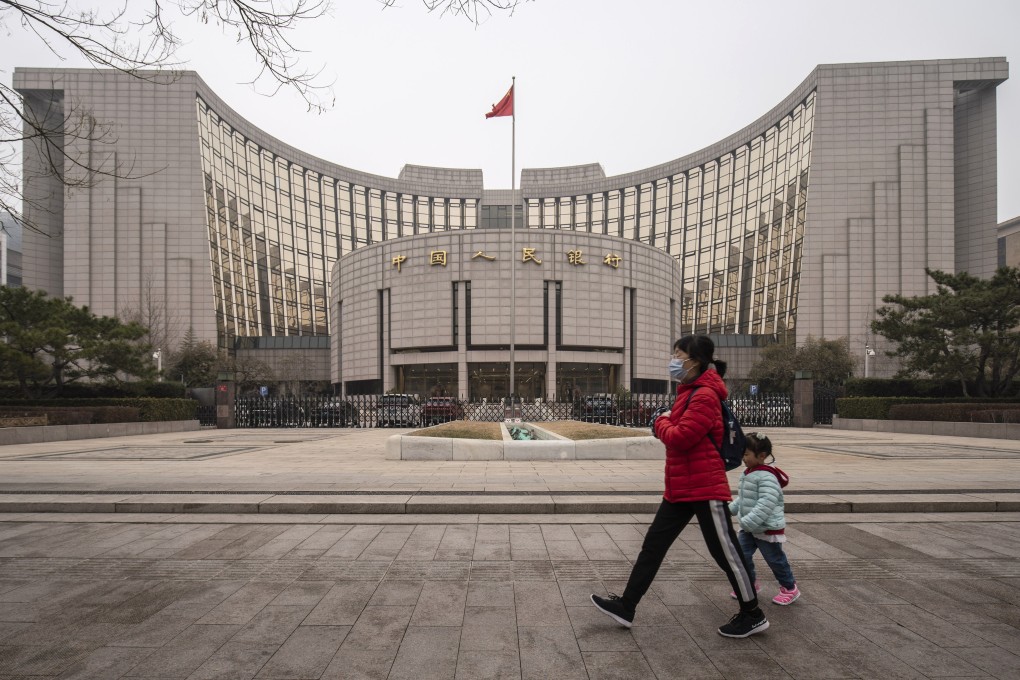China has no plans to ease yuan exchange rate controls, central bank says
- Managed system is ‘an institutional arrangement fit for China at present and in the foreseeable future’, People’s Bank of China deputy governor Liu Guoqiang says
- Statement comes after senior central bank official says the yuan must be allowed to float freely if Beijing wants it to be seen as an international currency

China’s central bank has no plans to alter its exchange rate mechanism, one of its deputy governors said on Sunday, dismissing speculation that the yuan might be allowed to move more freely against other currencies.
The existing “managed floating exchange rate” system was “an institutional arrangement fit for China at present and in the foreseeable future”, Liu Guoqiang said in a brief statement published on the People’s Bank of China’s (PBOC) website.
Liu’s statement made no mention of Zhou’s comments.
Under the managed floating exchange rate system, which Beijing has used since 2005, the PBOC maintains a tight rein on the yuan by setting a daily central parity rate against the US dollar and limiting changes to its value to within 2 per cent either side of that mark.
While the central bank often claims to have retreated from day-to-day interventions, it remains the largest player in the onshore foreign exchange market. It also uses measures such as the “countercyclical factor” to calculate exchange rates and applies draconian capital account controls to keep the value of the yuan where it wants it to be.